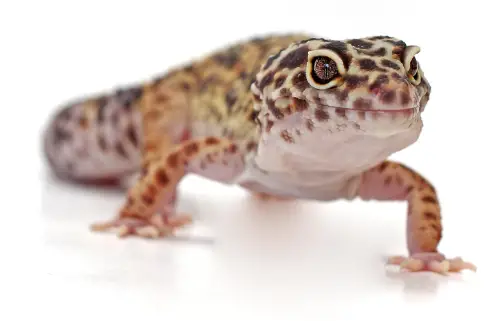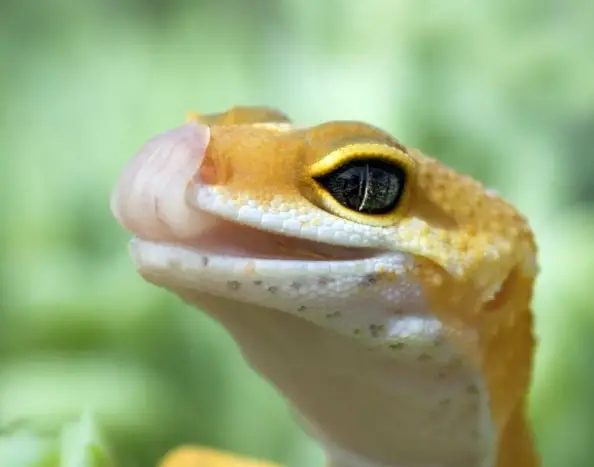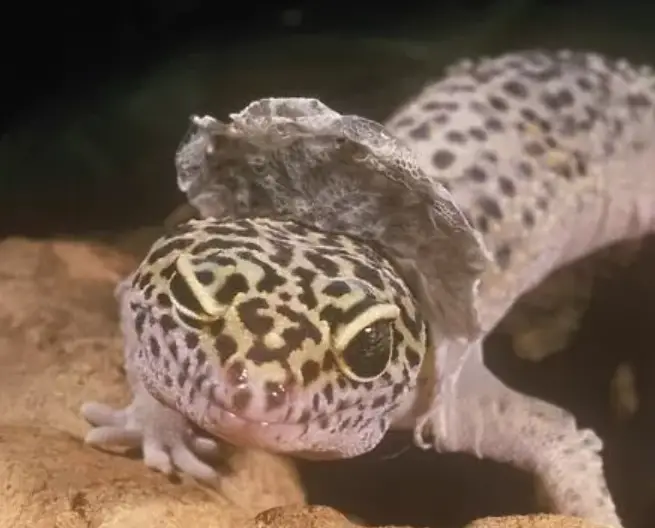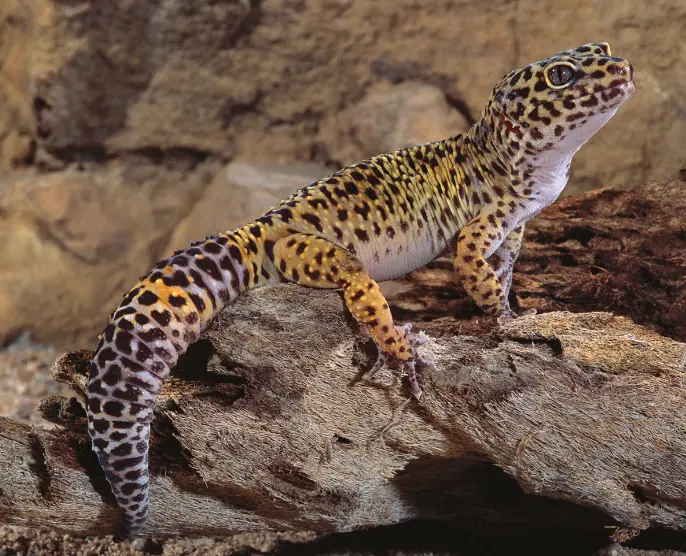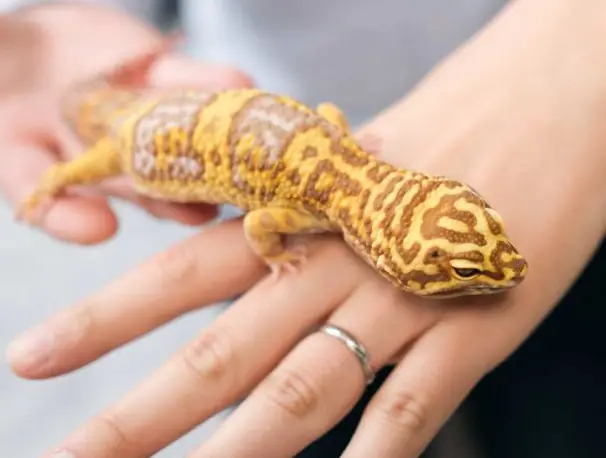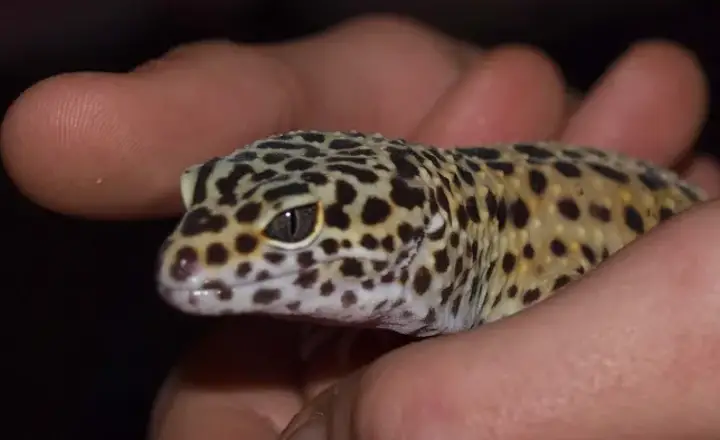Leopard geckos are among the most beloved pet reptiles around the world. With their vibrant colors, unique patterns, and relatively docile nature, they make for great company. Nonetheless, many leopard gecko owners often wonder if their pets can have seizures and what causes them. In this article, we will answer all your questions about leopard gecko seizures and provide you with helpful tips on how to prevent and treat them.
What Causes Seizures in Leopard Geckos?
Before getting into specific causes, it’s essential to know what a seizure is. A seizure is an abnormal electrical activity in the brain that causes uncontrollable muscle movements, behaviors, and convulsions. In leopard geckos, seizures can be triggered by several things, including:
Malnutrition: Leopard geckos require specific nutrients to remain healthy. Inadequate diets or imbalances in their diet can cause a lack of essential nutrients like calcium and vitamin D3, leading to health issues, including seizures.
Toxicity: Pesticides, herbicides, cleaners, and other harmful substances present in their habitat can initiate seizures in leopard geckos. Similarly, exposure to other toxins like lead, mercury, and arsenic in their water source or food can also cause seizures.
Infections: Bacterial or viral infections could inflame the brain and cause seizures in leopard geckos.
Trauma: A physical injury to a leopard gecko’s head could result in seizures, especially if it damages the brain’s delicate structures.
Genetics: Some leopard geckos are predisposed to seizures due to certain genetic mutations.
How Do You Know if a Leopard Gecko is Having a Seizure?
When a leopard gecko is experiencing a seizure, it’s essential to take note of their symptoms for proper diagnosis and management. Some common symptoms of a seizure in leopard geckos include:
Shaking: A leopard gecko in a seizure will start to shake uncontrollably.
Stiffness: It’s normal for a leopard gecko’s body to become stiff during a seizure.
Twitching: Certain parts of the leopard gecko’s body, such as the legs or tail, may twitch.
Loss of coordination: A leopard gecko may seem disoriented and be unable to move around as usual.
Refusal to eat or drink: During seizure, the leopard gecko may temporarily lose its appetite.
Can Seizures in Leopard Geckos be Prevented?
While some seizures in leopard geckos cannot be prevented, there are specific measures you can take to reduce their chances of happening. Below are some tips to help prevent seizures in leopard geckos:
Maintain a healthy diet: One of the leading causes of seizures in leopard geckos is malnutrition. Ensure your pet is on a well-balanced, nutritional diet that’s right for its age.
Provide a clean and safe habitat: Keep your pet’s environment hygienic and free of any hazardous substances that could trigger seizures.
Give supplements: You can provide additional a calcium and vitamin D3 supplement to ensure your pet is getting adequate nutrients if feeding insects alone.
Avoid head injuries: Protect your pet from accidents and trauma that could cause head injuries and, ultimately seizures.
What Should You Do if You Think Your Leopard Gecko is Having a Seizure?
If you suspect your leopard gecko is having a seizure, your response will impact their well-being significantly. Below are some steps you can take to manage the situation:
Remove any objects or items that could cause further injury.
Place your leopard gecko in a separate container to avoid other predators if you’re housing more than one together to grant more space and proper conditions for complete care.
Provide extra heat and humidity support for your leopard gecko as seizures can be stressful and affect their body and immunity.
Make an appointment with an exotic animal veterinarian immediately to seek proper diagnosis and treatment.
How are Seizures in Leopard Geckos Treated?
The treatment for seizures in leopard geckos depends on the root cause. If malnutrition causes the seizures, your veterinarian may recommend a well-balanced diet or supplements. In cases of toxicities or infections, the vet may provide treatment with medicine or supportive care to help the leopard gecko recover. Always consult
Can Leopard Geckos Recover from Seizures?
Yes, most leopard geckos recover from seizures with proper care and treatment. The key is to identify the root cause and provide proper health treatment. For some leopard geckos, seizures can happen again. Therefore, providing additional supplements and preventive measures can be the key to overall good health of your pet.
Conclusion
In conclusion, while leopard geckos can have seizures, they can be preventable and manageable with proper health care and nutrition. If you notice any symptoms of seizures, quick action to seek help from a reputable veterinarian, clean environment, and a well-balanced diet can make all the difference. By taking the appropriate preventive measures and providing treatment, you can keep your leopard gecko good health and happy for life.
